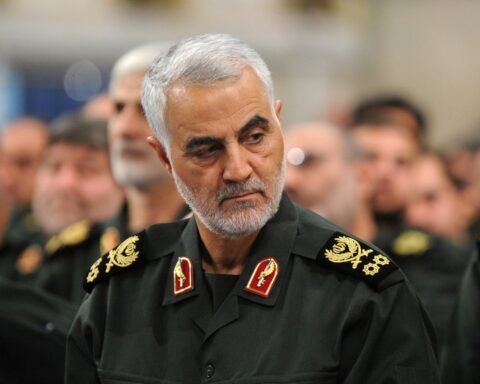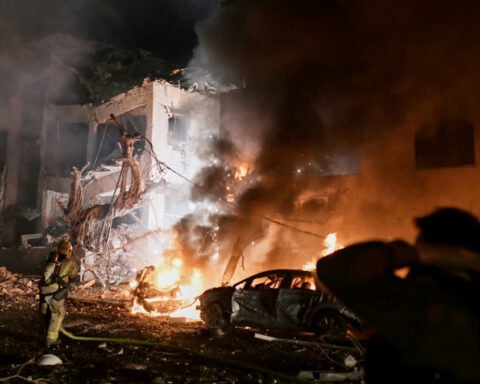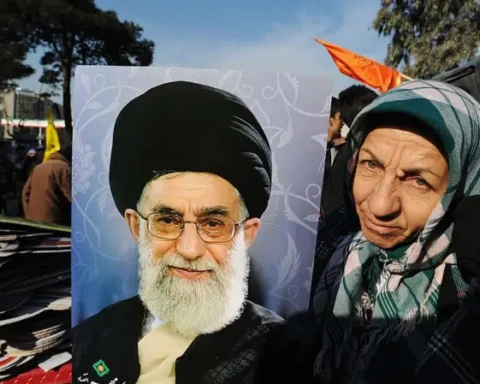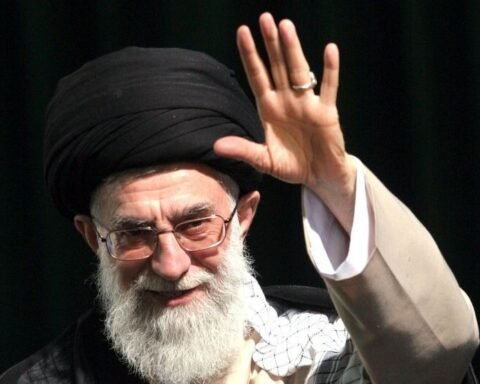In a historic and emotional moment for the Roman Catholic Church, Cardinal Robert Francis Prevost from the United States has been elected the new pope, choosing the name Pope Leo XIV.
His election makes him the first American to lead the world’s more than 1.3 billion Catholics.
At exactly 6:07 p.m. Vatican time on Wednesday, a plume of white smoke rose from the chimney of the Sistine Chapel, signaling that the cardinals gathered in a secretive conclave had successfully chosen a new spiritual leader. Shortly after, crowds gathered in St. Peter’s Square erupted in joy as Cardinal Protodeacon Dominique Mamberti stepped out onto the balcony of St. Peter’s Basilica and declared the traditional phrase, “Habemus Papam” – “We have a Pope.”
Pope Leo XIV, 69, was born in Chicago and is a member of the Order of Saint Augustine. Before taking on his new role, he served as head of the Dicastery for Bishops in Rome, where he was responsible for overseeing bishop appointments worldwide. He also spent years as a missionary and later as a bishop in Peru, giving him a unique perspective on pastoral work across cultures.
In his first remarks from the balcony, Pope Leo XIV addressed the world with warmth and humility, saying: “May peace and hope be with all of you.” Speaking in Italian, Spanish, and English, he expressed gratitude to his fellow cardinals and called for unity and compassion in a world facing many challenges.
His election follows the passing of Pope Francis in April, whose nearly 12-year papacy was marked by calls for reform, environmental advocacy, and outreach to the marginalized.
Also Read; European Parliament Demands Tz, Uphold Democratic Principles
Pope Leo XIV is expected to continue in that spirit, though observers say he may lean slightly more toward traditional teachings while still engaging openly with modern social issues.
International reactions poured in swiftly. U.S. President Joe Biden welcomed the news, calling it a proud moment for American Catholics. Religious leaders across denominations, including Ecumenical Patriarch Bartholomew I, expressed hope that the new pope will continue to strengthen interfaith dialogue and unity.
As he begins his papacy, Pope Leo XIV inherits a complex agenda — healing divisions within the Church, restoring trust after clergy abuse scandals, and finding new ways to connect with young people in an increasingly secular world. His choice of the name “Leo,” a nod to Pope Leo XIII and other predecessors known for their intellectual and social contributions, may offer hints about the kind of leadership he hopes to provide.







